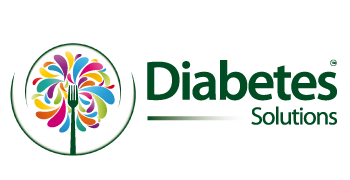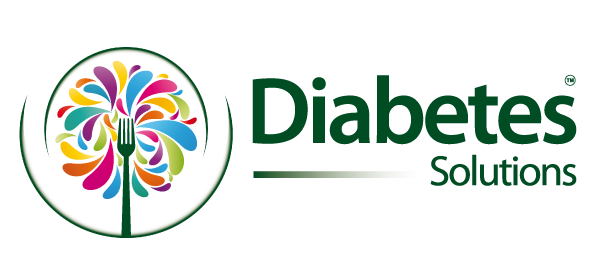When you consider that well over half a billion of the world’s population has ‘diabetes’, it comes as a surprise from time to time as to how little is really known about the condition. And this begins with understanding the basic difference between the two major classifications of Diabetes, that is Type 1 and Type 2.
Before we get in to how these differ, it worth noting that around 90% of those with ‘Diabetes’ will have Type 2, whereas around 8% will have Type 1 (with the remaining 2% being made up of the less common types, like gestational diabetes).
So, on to the distinct differences…
It is important to understand that, whilst both called ‘Diabetes’, the causes and treatments do differ. Symptoms can be similar, as the root cause of both diseases is the body’s inability to maintain homeostasis (balance) of blood glucose levels.
But that is where the similarities end.
Type 1 Diabetes
- Type 1 Diabetes is an autoimmune disease, where the body’s own immune system attacks certain cells of the body (in this case the beta cells of the Pancreas). The beta cells of the Pancreas are responsible for producing the hormone Insulin, which regulates blood sugar levels.
- As the beta cells are no longer performing their function, the individual essentially has to perform the function of the Pancreas themselves by providing the body with Insulin via injections or Insulin pump, or sometimes orally.
- Type 1 Diabetes tends to develop in childhood and in young adults, but can occur at any age. Symptoms often come on very quickly compared to Type 2 Diabetes, sometimes in weeks.
- The onset of Type 1 Diabetes is generally outside of the control of the individual, and at present is considered irreversible.
Type 2 Diabetes
- Type 2 Diabetes is a metabolic disorder (that is when abnormal chemical reactions in your body disrupt normal processes) where the body becomes either resistant to Insulin, or the body simply is not producing enough Insulin to keep blood glucose levels balanced.
- Type 2 Diabetes can often be traced back to an individual’s diet and lifestyle choices – with poor diet and a sedentary lifestyle being two of the biggest factors alongside being overweight or obese.
- Type 2 Diabetes can be effectively managed through dietary and lifestyle changes and, if recommended by a doctor, medication.
- Unlike Type 1 Diabetes, Type 2 Diabetes is reversible.
You might find my book, The KISSS Plan, of particular interest – you can check it out (and get a 50% discount off the PDF copy) here.





